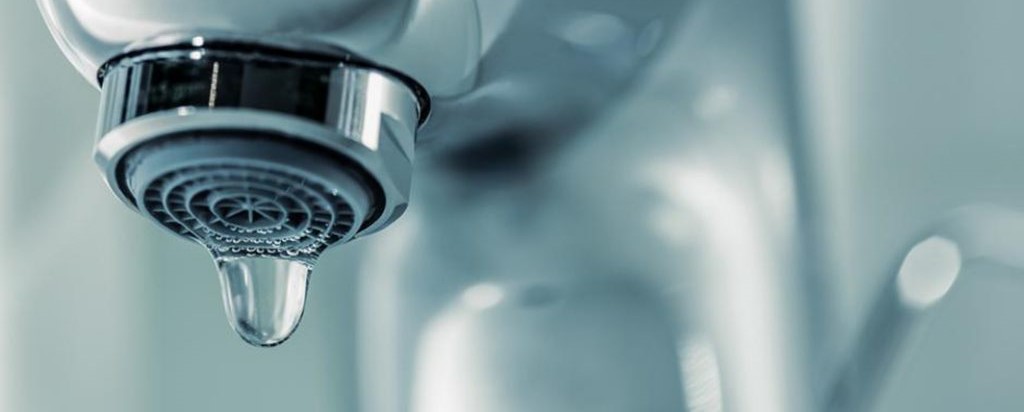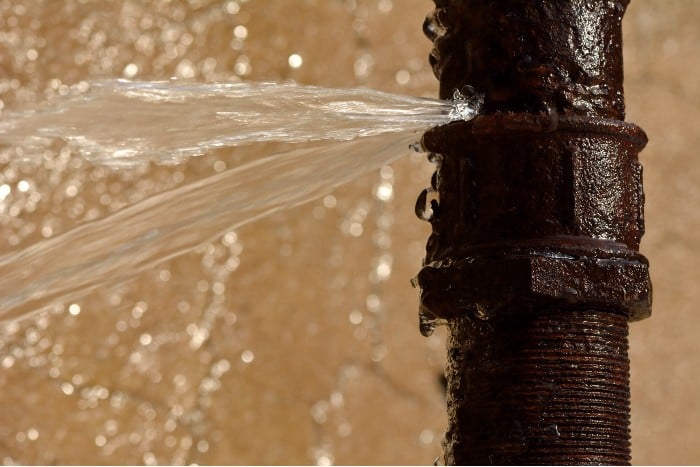Delving Into What Causes Water Leaks Are So Widespread Within Your Home
Delving Into What Causes Water Leaks Are So Widespread Within Your Home
Blog Article
What are your thoughts with regards to How to detect water leaks in your home?

Leakages not just create waste of water however can also create unnecessary damage to your residence and advertise unwanted natural growth. By looking and also understanding for day-to-day circumstances that trigger leakages, you can shield your house from future leaks as well as unnecessary damage.
Encroaching roots
A lot of water leakages start outside your home instead of inside it. If you discover a sudden reduction in water stress, say in your faucet, take time to head out and analyze your lawn. You might observe wet patches or sinkholes in your lawn, and that could imply that tree origins are invading water lines triggering water to leak out. You can have your plumber look for intrusion, especially if you have trees or shrubs near your residential property.
Rusty water systems
This could be the reason of staining or warping on your water pipes. If our plumbing system is old, take into consideration replacing the pipes considering that they are at a greater danger of corrosion than the more recent designs.
Malfunctioning Pipeline Joints
The factor at which your pipes link is often the weakest link in the waterline. Pipeline joints can wear away gradually, causing water leakages. Unfortunately, the majority of pipe joints are not easily visible. If you have noisy pipelines that make ticking or banging sounds, particularly when the hot water is activated, your pipeline joints are possibly under a great deal of pressure. It is advisable to have your plumber inspect your system annually.
Instantaneous temperature adjustments.
Extreme temperature level modifications in our pipes can cause them to increase and get all of a sudden. This growth as well as tightening might create splits in the pipes, especially if the temperature level are listed below freezing.
Poor Water Connectors
Sometimes, a leakage can be brought on by loose hoses and also pipelines that provide your devices. Generally, changing is what triggers the loose water Links. You could discover when it comes to a washing equipment, a tube might spring a leak as a result of drinking throughout the spin cycle. In case of a water connections leak, you may discover water running directly from the supply line or pools around your devices.
Blocked Drains
Obstructed drains could be bothersome and inconveniencing, yet they can occasionally wind up triggering an overflow bring about rupture pipelines. Maintain removing any kind of materials that may decrease your drains pipes that could block them to avoid such inconveniences.
All the above are causes of leakages yet not all water leakages arise from plumbing leakages; some leakages may come from roof leaks. All leaks need to be fixed quickly to stay clear of water damages.
Leaks not only create waste of water yet can additionally trigger unneeded damages to your home as well as promote undesirable natural growth. By recognizing and looking for daily circumstances that create leakages, you can shield your house from future leaks and also unneeded damage. Today, we will look at six leakage creates that may be creating your pipes to trickle.
At times, a leakage can be triggered by loose pipes and pipes that provide your appliances. In instance of a water links leakage, you might observe water running directly from the supply line or puddles around your devices.
How To Check For Water Leak In Your Home
How To Check for Leaks
The average household's leaks can account for nearly 10,000 gallons of water wasted every year and ten percent of homes have leaks that waste 90 gallons or more per day. Common types of leaks found in the home are worn toilet flappers, dripping faucets, and other leaking valves. These types of leaks are often easy to fix, requiring only a few tools and hardware that can pay for themselves in water savings. Fixing easily corrected household water leaks can save homeowners about 10 percent on their water bills.
To check for leaks in your home, you first need to determine whether you're wasting water and then identify the source of the leak. Here are some tips for finding leaks:
Take a look at your water usage during a colder month, such as January or February. If a family of four exceeds 12,000 gallons per month, there are serious leaks.
Check your water meter before and after a two-hour period when no water is being used. If the meter changes at all, you probably have a leak.
Identify toilet leaks by placing a drop of food coloring in the toilet tank. If any color shows up in the bowl after 10 minutes, you have a leak. (Be sure to flush immediately after the experiment to avoid staining the tank.)
Examine faucet gaskets and pipe fittings for any water on the outside of the pipe to check for surface leaks.
Undetected water leaks can happen without the home or business owner even realizing. If you suspect a water leak, but not able to find the source. It is time to contact a professional water leak detection service, The Leak Doctor.
How To Find a Water Leak In Your Home
https://www.leakdoctor.com/blog/How-To-Check-For-Water-Leak-In-Your-Home_AE197.html

Hopefully you enjoyed reading our article on How to detect water leaks in your home. Many thanks for taking time to read our article. Sharing is nice. Who knows, you may very well be doing someone a favor. Thanks for going through it.
Secure top-grade service. Report this page